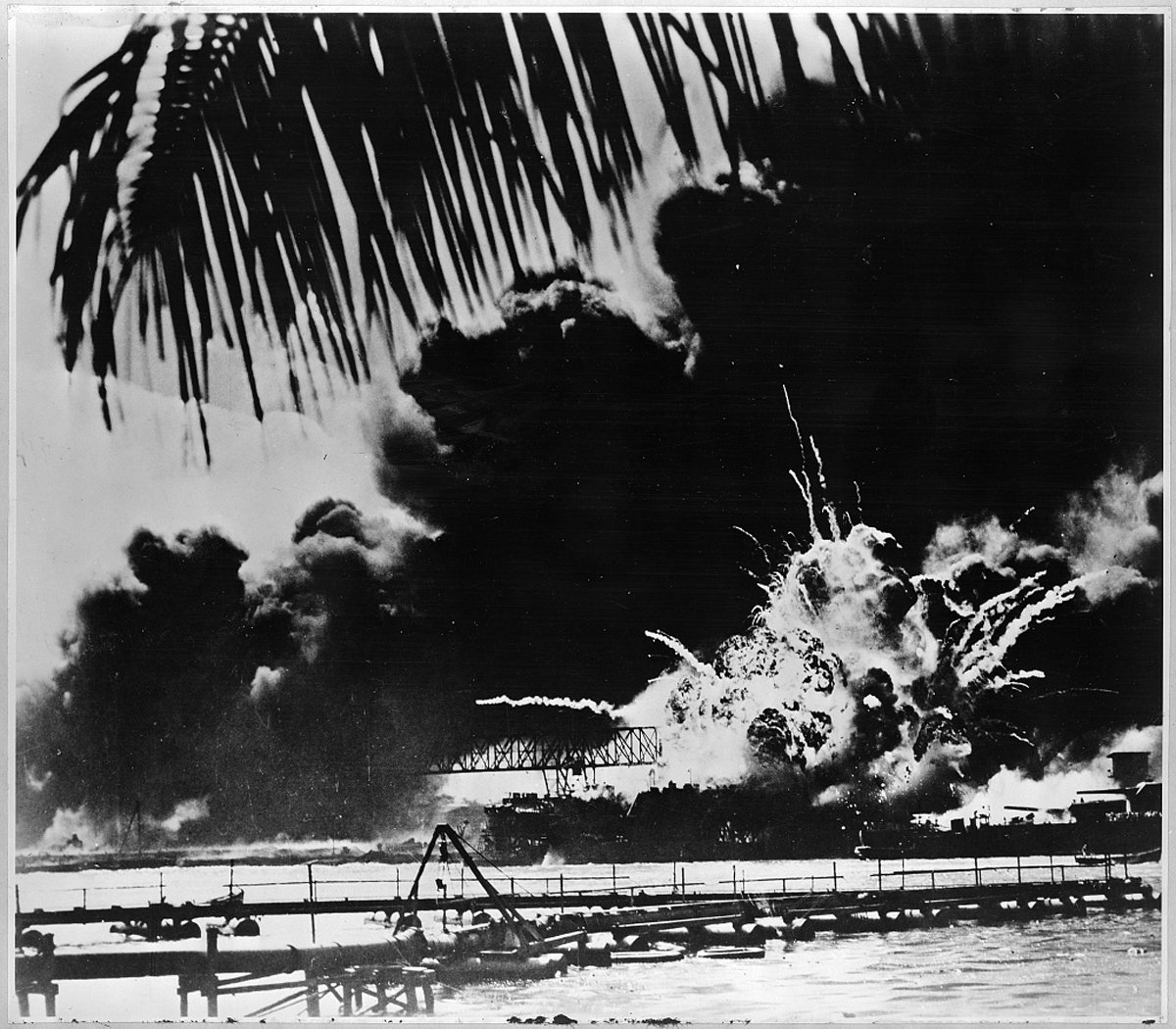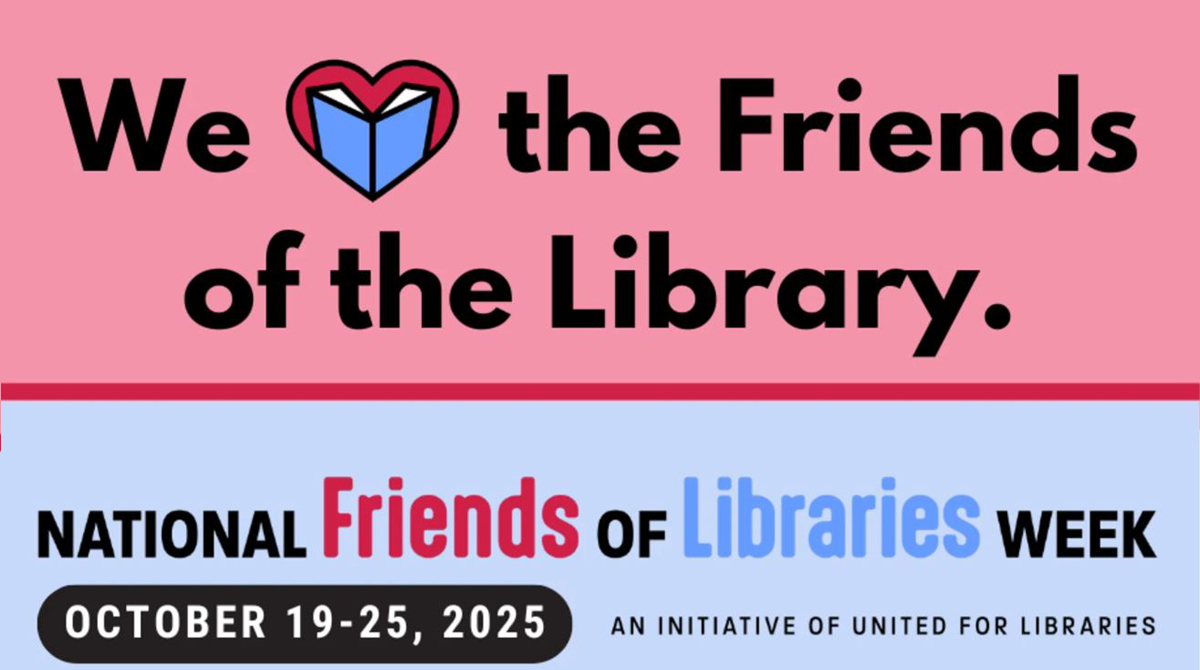Eighty-one years ago, on December 7, 1941, Japan attacked the United States at Pearl Harbor, Hawaii-an aggression that plunged the US into World War II. The unprecedented attack changed the course of the war and changed the American populace, shattering their sense of security while also creating a unifying purpose as the US entered the war.
The day after the attack, on December 8, 1941, Alan Lomax, then “assistant in charge” of the Archive of American Folk Song (now the American Folklife Center archive), sent a telegram to fieldworkers in 10 different localities across the US, asking them to collect “man-on-the-street” reactions of ordinary Americans to the bombing and the subsequent declaration of war by the United States. The Library of Congress has collected those recordings and more in “After the Day of Infamy: “Man-on-the-Street” Interviews Following the Attack on Pearl Harbor.” The online collection presents approximately 12 hours of opinions recorded in the days and months following the bombing of Pearl Harbor, from more than 200 individuals in cities and towns across the US.
The recordings were made as a part of the Library of Congress’ Radio Research Project. A portion of this project aimed to create documentary recordings of Americans from around the country who described their lives, sang their songs, and told the stories of their own regions. According to the Library of Congress, the project’s staff believed that most commercial radio broadcasts of the day were dominated by programs created in the great urban centers and that these programs failed to reflect regional culture, local talent, and, in particular, the voices of the people speaking in their own words. Lomax was serving as folklore consultant for the project when he sent the December 8, 1941, telegram which resulted in approximately four-and-a-half hours of recordings that were used to create a 15-minute radio program for the Mutual Broadcasting System.
The online collection also includes a second set of recordings from February 1942, in which interviewees gave their thoughts and opinions on the attack and the declaration of war directly to President Franklin D. Roosevelt. These recordings were also used to create the radio program, “Dear Mr. President,” which was broadcast in May 1942. Musicians Pete Seeger and Huddie Ledbetter (Leadbelly) recorded original songs for the program.
In most cases, the recordings were digitized by Library of Congress staff directly from the discs on which they were originally recorded. They’re astonishing, sobering snapshots of a pivot in American-and world-history. Listen to them all and more at the Library of Congress.
Image: Pearl Harbor naval base and U.S.S. Shaw ablaze after the Japanese attack. From the Library of Congress.




